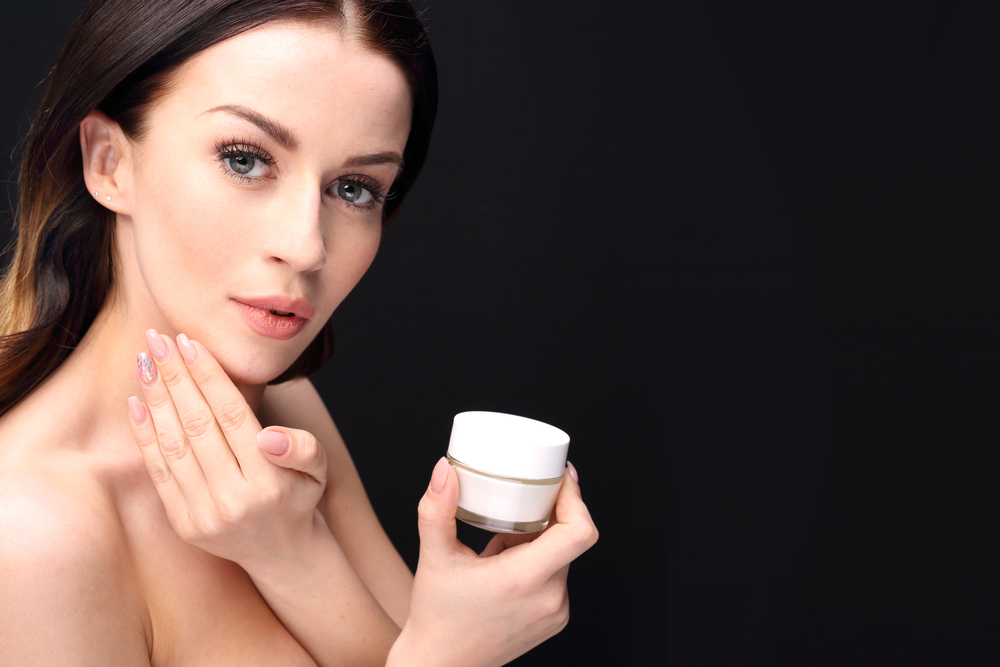Effects of Regular Moisturizing

A consistent rule of skin care is that your skin must be moisturized routinely. Your skin loses its ability to retain as much moisture as you age and makes the rule even more important the older you get. There is no skin routine that tells you to avoid moisturizing…at least most of the time. There are some pernicious rumors at the edges of skin care that swear that moisturizing regularly can actually dry out your skin. There are plenty of products that routinely that dry out the skin, but moisturizers don’t. In all these cases, something else is actually going on that is causing a problem. With that in mind, we’ve put together a quick primer on exactly what regular moisturizing does for your skin as well as the facts beyond a surprisingly common misconception.
Why We Moisturize
Moisturizers exist to help replace the oil and hydration barriers of our skin that help keep them protected. Each barrier plays a part in our skin’s health. Potent products we enjoy using regular, such as alpha or beta hydroxy acid cleansers and exfoliating products, tend to deplete the natural oil barrier. This is why most of the products include the potential for sun sensitivity on their labels when the products get up to higher concentrations. A moisturizer can readily help you replace the loss without you really noticing though. Good moisturizers typically provide help to each barrier, but there’s no escaping that some contribute more to one than the other. In fact, this is potentially where some of the rumors about regular moisturizing drying the face started.
The Importance of Balance
Your skin’s oil barrier is an important point of defense for your skin. It catches microscopic particles that might otherwise damage your skin as well as providing a degree of insulation from the effects of the sun. It needs consistent support to maintain its ability to help throughout our lives too. The problem is that it is easy to make the mistake of using just oils to hydrate the skin. It seems like a good idea when people fond of natural solutions talk about it, but oils help primarily the oil barrier. It may take a while for people who don’t have dry skin, but eventually only treating the oil barrier will lead to drier skin no matter how often your moisturize. You want to look for products that utilize natural oils and ingredients like hyaluronic acid, a potent chemical for hydrating the skin directly. Applying both kinds of moisturizing to your face will protect it.
For the Benefit of Your Skin
Regular moisturizing can do a lot for your skin. Dry skin is dull, flaky, and lifeless. Regular moisturizing helps your skin repair and restore itself so that it has a natural glow. This makes it substantially more resilient to most forms of damage while helping you look your best. These aren’t the only benefits though. Since your skin loses moisture over the course of your lifetime, regular moisturization actually helps you retain a more youthful appearance by ensuring that your skin has enough moisture to keep itself a bit fuller than it would otherwise be. It also helps your skin be a bit more elastic as your age too even though it doesn’t directly boost elastin production in the skin. Just remember that your moisturizer should go on at the end of your skincare routine so that it helps seal in your other products. The moisturizer will take its time to sink in.
Regular moisturizing is a standard part of skincare that no one should skip. You do need to be careful about how often you moisturize with certain skin types, such as oily or acne prone skin, simply because adding too much to your skin’s oil barrier can exacerbate an existing problem. This is different from routine moisturizing being a universal ill and even people with problematic skin types still need to moisturize regularly…just not too regular. You can hopefully feel a bit more at ease about moisturizing now that we’ve dealt with any potentially nagging worries surrounding such products.

